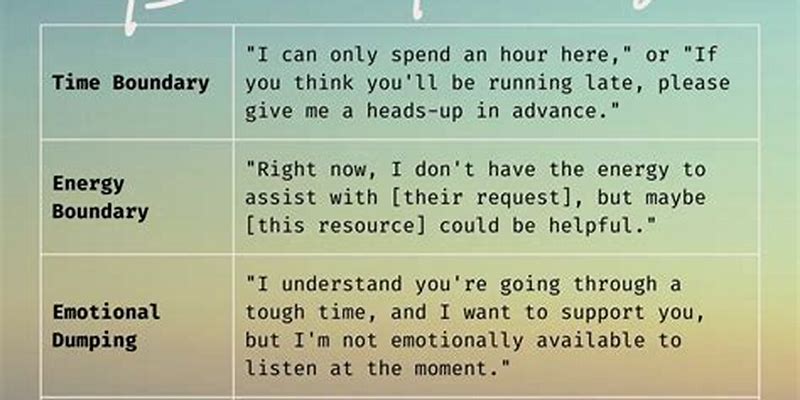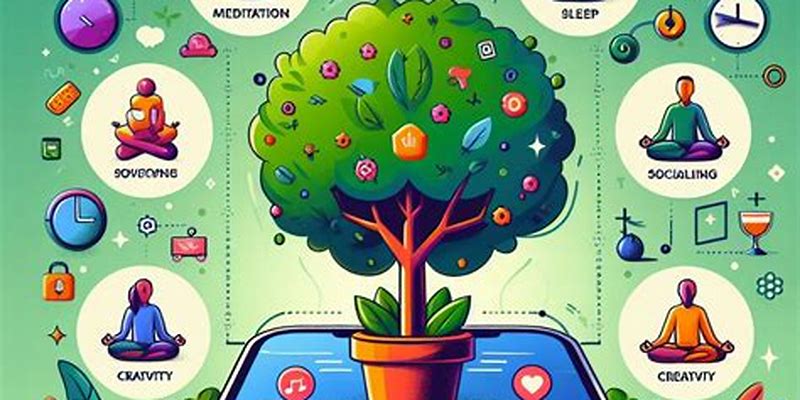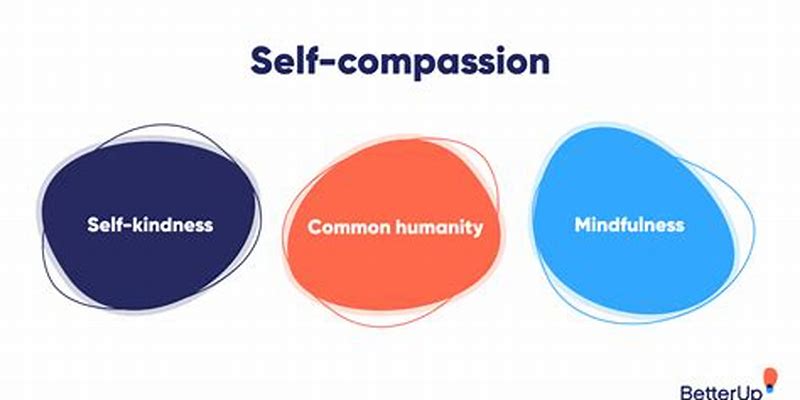Ever find yourself feeling like your inner peace is a fragile glass ornament, constantly in danger of being shattered by the smallest bump? It’s a feeling I know intimately. Life, with all its demands and distractions, seems to have a knack for chipping away at our serenity. But what if, instead of waiting for some grand, sweeping change to magically restore our peace, we could actively cultivate it in the little moments, the seemingly insignificant choices we make every day?
I’ve spent a good chunk of my life chasing the elusive feeling of inner calm. I used to think it required a perfectly clean house, a thriving career, and a problem-free life. The reality, of course, is that those things are rarely, if ever, all aligned. What I've learned, often the hard way, is that peace isn't something wefind, it's something wenurture.
It's about building a fortress of small, consistent habits that shield us from the external chaos and remind us of our own inherent worth and resilience. It's about proactively choosing moments of quiet, kindness, and connection, even
when life feels like a runaway train.
The Power of Mindful Moments

One of the most potent weapons in our arsenal against the relentless barrage of stress is the simple act of mindfulness. Now, I know mindfulness can sound intimidating, like some complex meditative practice reserved for gurus and monks. But at its core, mindfulness is simply paying attention to the present moment without judgment. It's about noticing the sensations in your body, the thoughts that flit through your mind, and the world around you, without getting caught up in analysis or reactivity.
For me, mindfulness often begins with my morning coffee. Instead of gulping it down while scrolling through emails or news, I try to savor each sip. I feel the warmth of the mug in my hands, inhale the rich aroma, and notice the taste as it dances on my tongue. It’s a small shift, but it sets a different tone for the entire day. It pulls me out of autopilot and grounds me in the present, allowing me to approach the challenges ahead with a little more clarity and composure.
Similarly, mindful breathing can be a powerful tool for managing stress and anxiety. When you feel overwhelmed, take a few moments to focus on your breath. Notice the rise and fall of your chest, the sensation of air entering and leaving your nostrils. You don't have to change your breath; simply observe it. This simple act can help to calm your nervous system and bring you back to the present moment. There are countless apps and guided meditations that can help you get started, but even just a few deep breaths can make a difference.
Integrating mindful moments into your day doesn't require hours of meditation or a silent retreat. It's about finding small pockets of time to connect with yourself and your surroundings. It's about turning everyday activities into opportunities for presence and awareness. Whether it's washing dishes, taking a walk, or listening to music, try to engage all your senses and fully immerse yourself in the experience. The more you practice, the easier it becomes to find moments of peace amidst the chaos of daily life.
Setting Boundaries with Grace

Learning to say "no" is arguably one of the most important, yet challenging, skills for protecting our peace. So often, we find ourselves overcommitted and overwhelmed, running on fumes and feeling resentful. We agree to things out of obligation, fear of disappointing others, or a misguided belief that we can handle everything. But constantly saying "yes" to everyone else often means saying "no" to ourselves, and that's a recipe for burnout and resentment.
The key, I've found, is to set boundaries with grace. It's not about being rude or selfish; it's about honoring your own needs and priorities. It's about recognizing that you have a finite amount of time and energy, and you have the right to choose how you spend it. Start by identifying your boundaries – what are your limits? What are you willing to do, and what are you not willing to do? What activities drain you, and what activities energize you? Once you're clear about your boundaries, you can start to communicate them to others.
When saying "no," be clear, concise, and kind. You don't need to offer lengthy explanations or apologies. A simple "Thank you for thinking of me, but I'm not able to commit to that right now" is often enough. And remember, "no" is a complete sentence. If you feel guilty or pressured, remind yourself that you're not responsible for other people's feelings. You're only responsible for your own well-being. Practice saying no to small requests first, to build your confidence and strengthen your boundaries. And don't be afraid to reassess and adjust your boundaries as your needs change.
Think of boundaries not as walls that keep people out, but as fences that protect what's important to you. They allow you to nurture your energy, focus on your priorities, and cultivate a sense of inner peace. And surprisingly, when you set healthy boundaries, you often find that your relationships actually improve. People respect you more when you respect yourself.
Cultivating Digital Wellbeing

In today's hyper-connected world, our digital devices have become both indispensable tools and potential sources of stress. The constant stream of notifications, emails, and social media updates can be incredibly distracting and overwhelming, hijacking our attention and leaving us feeling anxious and depleted. It's easy to get caught in a cycle of endless scrolling, comparing ourselves to others, and feeling inadequate.
Creating a healthier relationship with technology is crucial for protecting our peace. Start by becoming more aware of your digital habits. How much time do you spend on your phone each day? Which apps do you use most often? What triggers you to reach for your phone? Once you have a better understanding of your patterns, you can start to make conscious choices about how you use technology.
Consider setting limits on your screen time, especially before bed. The blue light emitted from our devices can interfere with sleep, making it harder to fall asleep and stay asleep. Create tech-free zones in your home, such as the bedroom or the dinner table. Turn off notifications for non-essential apps. Unfollow accounts that make you feel bad about yourself. Curate your online experience to be more positive and uplifting. And don't be afraid to take digital detoxes – periods of time when you disconnect from all digital devices and reconnect with yourself and the real world. Go for a walk in nature, read a book, spend time with loved ones, or simply enjoy the silence.
Remember, technology is a tool, and we have the power to control how we use it. By setting boundaries and cultivating mindful digital habits, we can reclaim our attention, reduce stress, and create more space for peace and presence in our lives. It's about intentionally choosing how we engage with the digital world, rather than letting it control us.
Practicing Self-Compassion

Perhaps the most important ingredient in cultivating inner peace is self-compassion. We are often our own harshest critics, holding ourselves to impossibly high standards and beating ourselves up for our mistakes. We judge ourselves relentlessly, comparing ourselves to others and dwelling on our perceived flaws. But what if we treated ourselves with the same kindness and understanding that we would offer to a dear friend?
Self-compassion involves recognizing that we are all imperfect beings, prone to making mistakes and experiencing suffering. It's about acknowledging our pain and struggles without judgment, and offering ourselves the same warmth, care, and support that we would offer to someone we love. It's about understanding that suffering is a universal human experience, and we are not alone in our struggles. When you catch yourself being critical or judgmental, try to pause and ask yourself: "What would I say to a friend in this situation?"
Practicing self-compassion can be as simple as offering yourself words of encouragement, giving yourself a comforting hug, or engaging in activities that nurture your well-being. Treat yourself to a relaxing bath, listen to your favorite music, or spend time in nature. Remind yourself that you are worthy of love and kindness, just as you are. And be patient with yourself – self-compassion is a practice, and it takes time and effort to cultivate. The more you practice, the easier it becomes to treat yourself with the same warmth and understanding that you offer to others.
Ultimately, self-compassion is about creating a safe and supportive inner environment where you can heal, grow, and thrive. It's about recognizing your inherent worth and treating yourself with the kindness and respect that you deserve. And when you cultivate self-compassion, you create a foundation of inner peace that can weather any storm.
So, where do you start? Maybe it's with that mindful cup of coffee tomorrow morning. Or perhaps it's gently declining a request that feels overwhelming. It could be muting notifications for a few hours or simply offering yourself a kind word when you make a mistake. These small, deliberate acts of self-care and boundary setting are the building blocks of a more peaceful existence. Don't underestimate their power. The journey to inner peace is a marathon, not a sprint. Be patient with yourself, celebrate your progress, and remember that even the smallest steps can make a big difference.
```